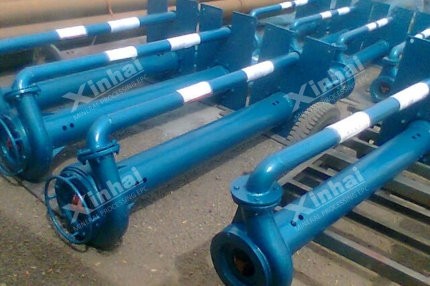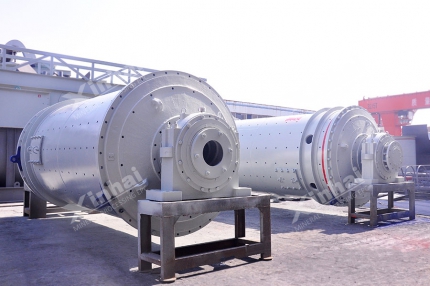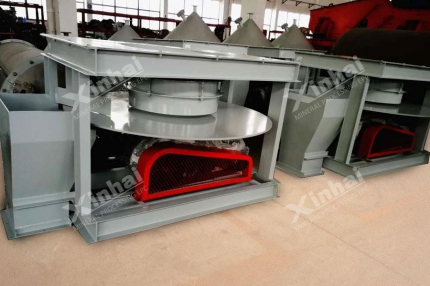Lepidolite is generally produced from granite pegmatites, and its color is purple, pink or light to colorless. It is one of the main lithium minerals in the industry at present. In order to effectively utilize lepidolite, scientists from all over the world have done a lot of research work and achieved many technical achievements in extracting lithium from lepidolite. The following will introduce to you the industrial applications or the researched lepidolite lithium ore extraction technology.
Use the table of contents below to navigate through the guide:
01Lepidolite Sulfuric Acid for Lithium ore Extraction
The lepidolite concentrate mixed with concentrated sulfuric acid is roasted at 150-300°C, and the obtained product is roasted again at 800°C. The lithium in the lepidolite can be converted into lithium sulfate dissolved in water. The roasted product needs to be filtered by water leaching, and sodium hydroxide can be added to the treated filtrate to remove the dissolved aluminum. Since the aluminum slag contains 20%-30% lithium in the ore, it is necessary to heat the aluminum slag to 200°C, and then leaching with water to recover lithium.
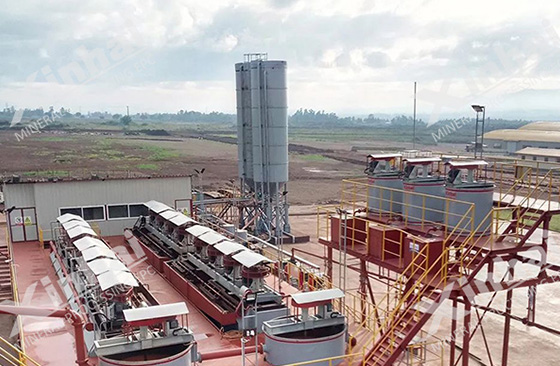
02Lepidolite Limestone Roasting for Lithium ore Extraction
The limestone roasting method is to first grind lepidolite concentrate and limestone separately, and mix them evenly in a mechanical tank according to the metering ratio. The mixed material is roasted in a rotary kiln with coal powder, and the temperature is controlled at 940-1050°C. After the roasting is finished, the product is leached with water at room temperature, and the leached product is lithium hydroxide, which can be directly used to produce lithium carbonate. The alkali metal elements in lepidolite exist in the leaching solution in the form of hydroxide. The process of limestone roasting method is relatively simple and does not consume expensive chemical raw materials. However, the recovery rate of this method is low and the economic benefit is low.
03Lepidolite Sodium Chloride and Sodium Sulfate Pressure Cooking Technology
The lepidolite concentrate is placed in a rotary kiln and roasted by steam defluorination at 900°C. The dissolution rate of lithium oxide can be increased to more than 95% after sodium chloride or sodium sulfate is pressure-cooked at 240°C for 3 hours. After the leaching solution is purified and concentrated, lithium is precipitated with soda ash. Both sodium chloride and sodium sulfate can be dissolved in water for recycling, so the flow rate of the process and the amount of residue after pressure cooking are small, the material after pressure cooking has good filtration performance, and the concentration of lithium in the filtrate is high. And the final washing times are less and energy consumption is low.
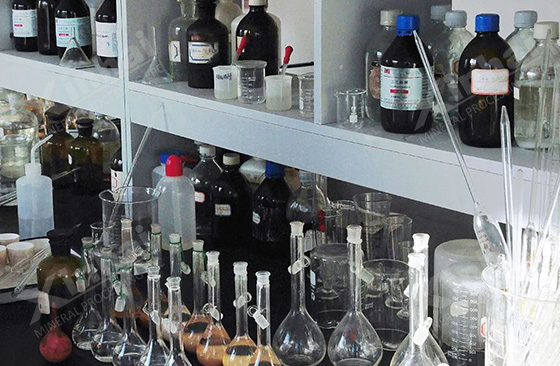
04Lepidolite Lime slurry Pressure Cooking Technology
Compared with the limestone roasting method, when the lime slurry pressure cooking method is used to process lepidolite, the material flow of the overall process is small. The lime is calcined in a shaft furnace with high heat conversion rate and high carbon dioxide concentration in the kiln gas, which can be used for lithium precipitation after purification. The product after pressure cooking can choose lithium hydroxide or lithium carbonate according to market demand. During this process, the pressure-cooking material will expand, making it difficult to filter and separate the slurry. At this time, the liquid-solid ratio during pressure cooking can be appropriately increased.
05Lepidolite Soda Pressure Cooking Technology
Due to the serious environmental pollution when the lepidolite is processed by the roasting method, researchers have proposed the soda ash pressure cooking method. There are five main categories of processes:
1. The hydrothermal reaction between β-spodumene and a large amount of excess sodium carbonate solution at 130°C can produce water-insoluble lithium carbonate and sodium zeolite with good ion exchange performance.
2. The hydrothermal reaction between β-spodumene and sodium carbonate or sodium hydroxide solution produces lithium silicate which is insoluble in sleep, and the reaction residue is leached with ammonium carbonate solution to obtain lithium carbonate. The by-product is ammonia zeolite, an extended-effect fertilizer.
3. The hydrothermal reaction between β-spodumene and sodium carbonate at a temperature of 200°C can generate lithium carbonate which is insoluble in water. Then carbon dioxide is introduced into the pressure-cooked residue, lithium carbonate is converted into lithium bicarbonate and dissolved out, and lithium carbonate solution can be obtained by heating the lithium bicarbonate solution.
4. β-spodumene can undergo hydrothermal reaction with borax to obtain lithium borate products and sodium aluminosilicate which cannot tolerate water. Lithium borate can be directly used to make glass or ceramics.
5. β-spodumene and sodium carbonate are mixed and heated at 650°C, and the product is leached with water or sodium carbonate solution to obtain lithium carbonate product.
Lithium carbonate with high purity can be obtained by processing lepidolite by soda ash pressure cooking, and this process does not cause corrosion to equipment.
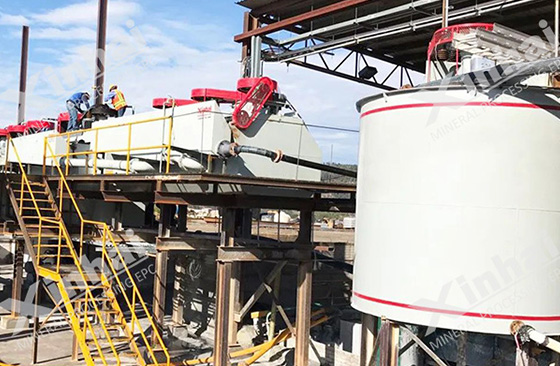
The above content is five kinds of lepidolite lithium extraction technology. In production, the appropriate lithium extraction technology should be selected according to the budget and cost of the beneficiation plant. Xinhai Mining can customize a suitable lepidolite beneficiation plan and a set of high-efficiency beneficiation equipment for you according to the mineral processing test and analysis results of lithium ore. Welcome to consult Xinhai Mining to obtain the latest beneficiation plant design plan.


 marketing@ytxinhai.com
marketing@ytxinhai.com  0086 13810327080
0086 13810327080 




























































































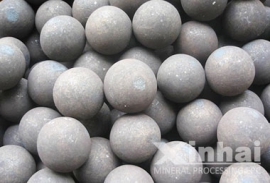
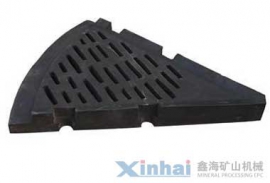








 CHAT
CHAT MESSAGE
MESSAGE


